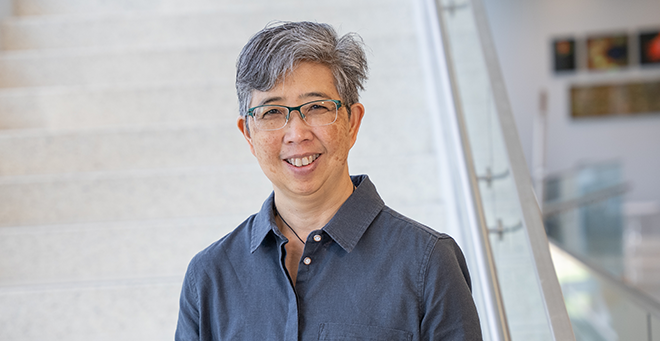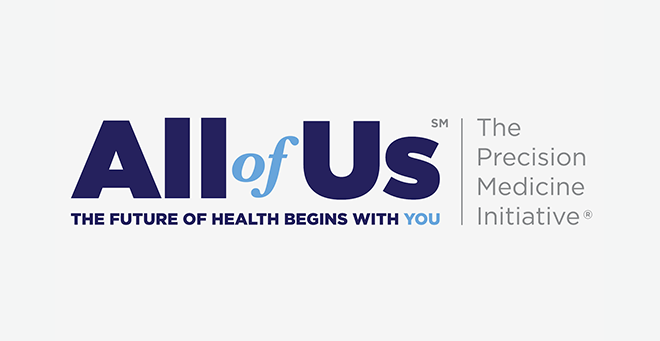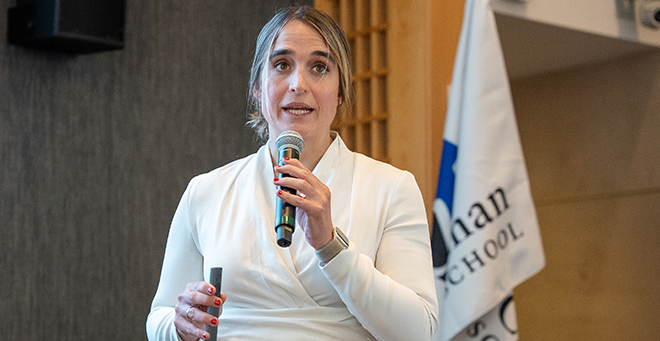
A UMass Chan Medical School researcher is the senior author on a recently published perspective in the New England Journal of Medicine that calls for more routine—but cautious—collection of data on patients’ sexual orientation and gender identity.
Jennifer Tjia, MD, MSCE, professor of population & quantitative health sciences, collaborated on the paper with Carey Candrian, PhD, from the University of Colorado School of Medicine, and Joel S. Weissman, PhD, from Brigham and Women’s Hospital and Harvard Medical School.
Data on patients’ sexual orientation and gender identity (SOGI) should be routinely collected as a way to help the medical community understand and address the disparities faced by lesbian, gay, bisexual, transgender, queer and intersex (LGBTQ+) people, according to several top national health policy organizations.
“Essentially, SOGI data collection is necessary to ensure quality and access in health care,” the authors wrote.
But that data collection doesn’t typically happen.
Dr. Tjia ventured that most clinicians and public health practitioners were unaware that influential groups such as the Joint Commission; the National Academies of Sciences, Engineering and Medicine; the U.S. Centers for Disease Control and Prevention; the Centers for Medicare and Medicaid Services; and the White House have called for collection of SOGI data for use in surveys, and in research, clinical and administrative settings.
“I hope that this publication raises awareness about the importance of gathering SOGI data for patient care,” said Tjia. “Failure to ask about SOGI risks making assumption-based errors in care delivery, and this threatens patient–clinician trust and could harm patients’ health.”
For example, a clinician might offer inappropriate cancer screening to a transgender patient if the clinician neglects to inquire about the patient’s gender identity and where they are in the transition process, the authors explain. Or an LGBTQ+ caregiver may not receive adequate support or be able to advocate for the patient in complex medical decision-making, which could perpetuate “disenfranchised grief.”
Tjia said that beside pointing out the need to routinely collect SOGI data, the perspective highlights “the tension between policies to promote SOGI data collection and real-world risks of actually doing so in some parts of the country, due to restrictive laws surrounding LGBTQ+ people.”
LGBTQ+ people frequently experience discrimination during health care encounters and therefore face challenges disclosing such information, according to the authors. Health care providers might not have been trained in SOGI data collection, a problem that is compounded by forms that include binary choices for gender and a standard set of conventional choices for relationship status.
The authors argued that collecting this information from all patients could help destigmatize sexual and gender minority identities. They called for training health care workers on skills for when and how to ask about SOGI in a way that facilitates safe interactions for patients to disclose this information. Further, data collection could be coordinated among agencies and analyzed to help guide policy directions. And nondiscrimination policies must be enforced by applicable local, state and federal agencies.
The authors said these are challenges the medical community can take on immediately.


